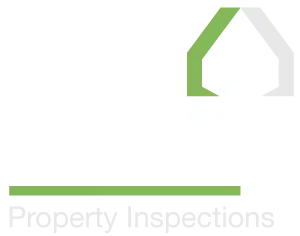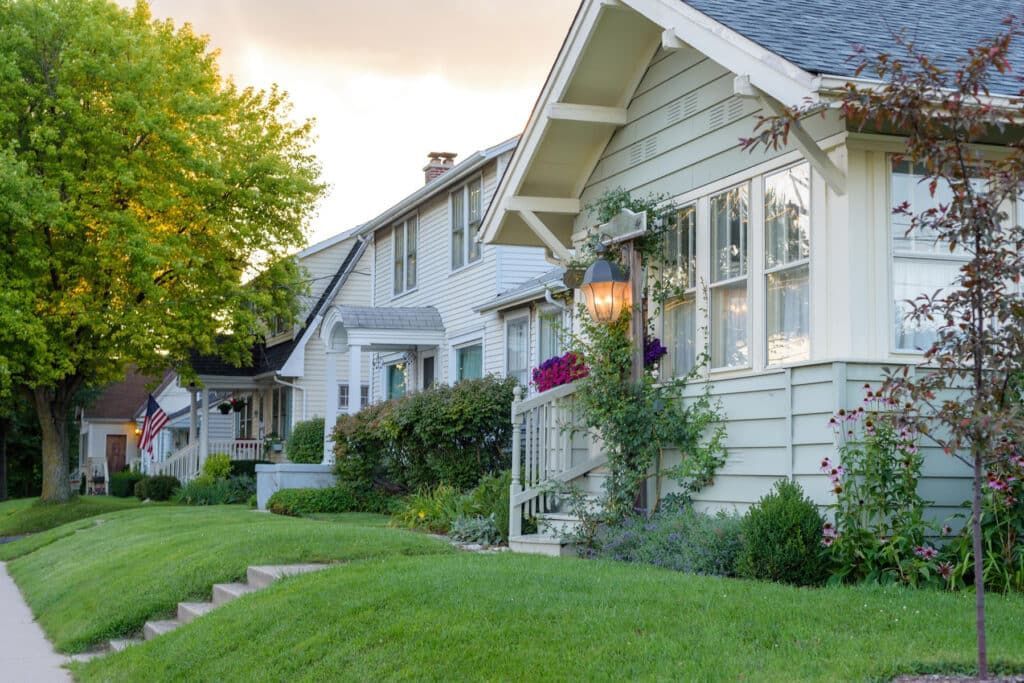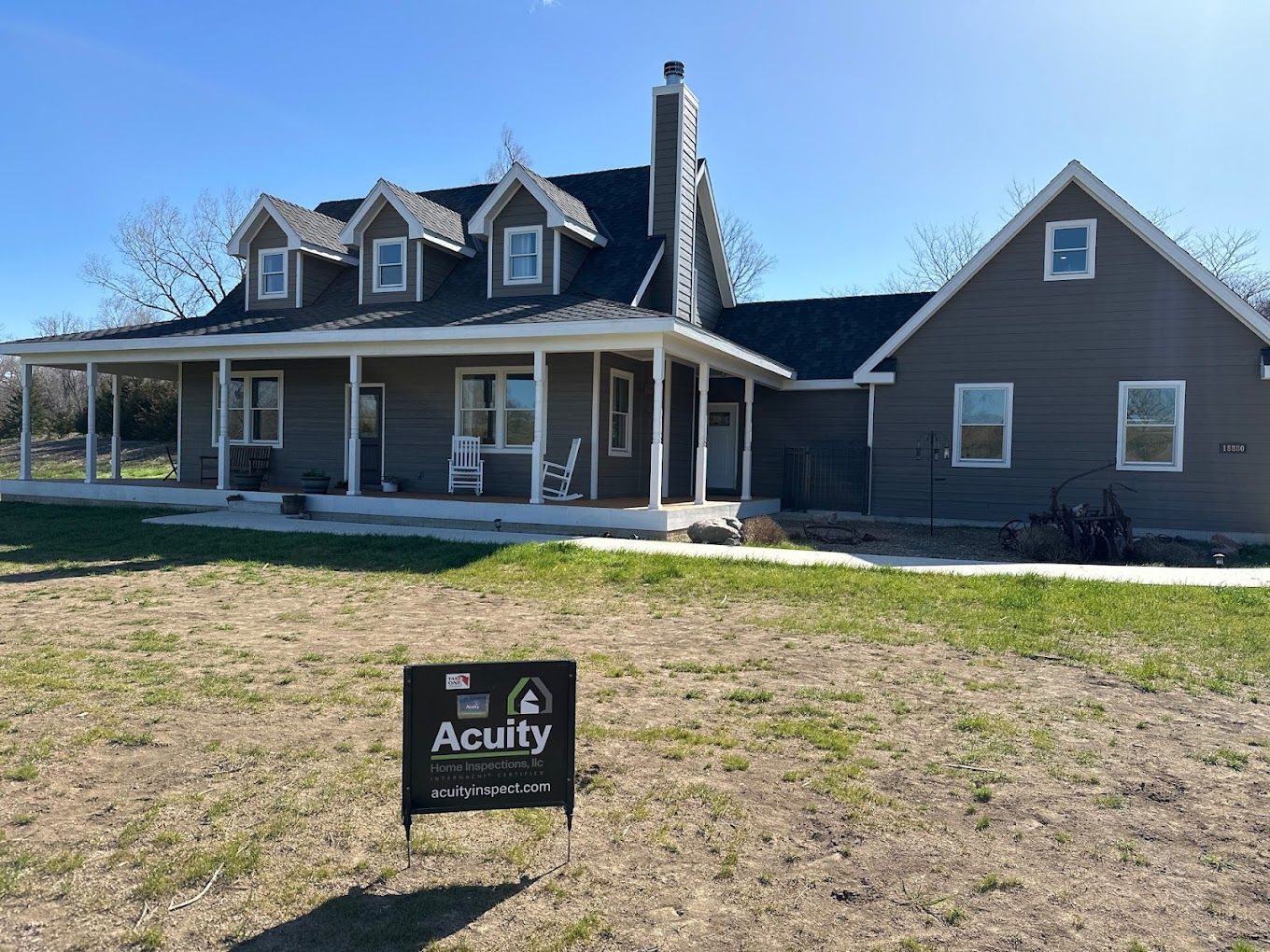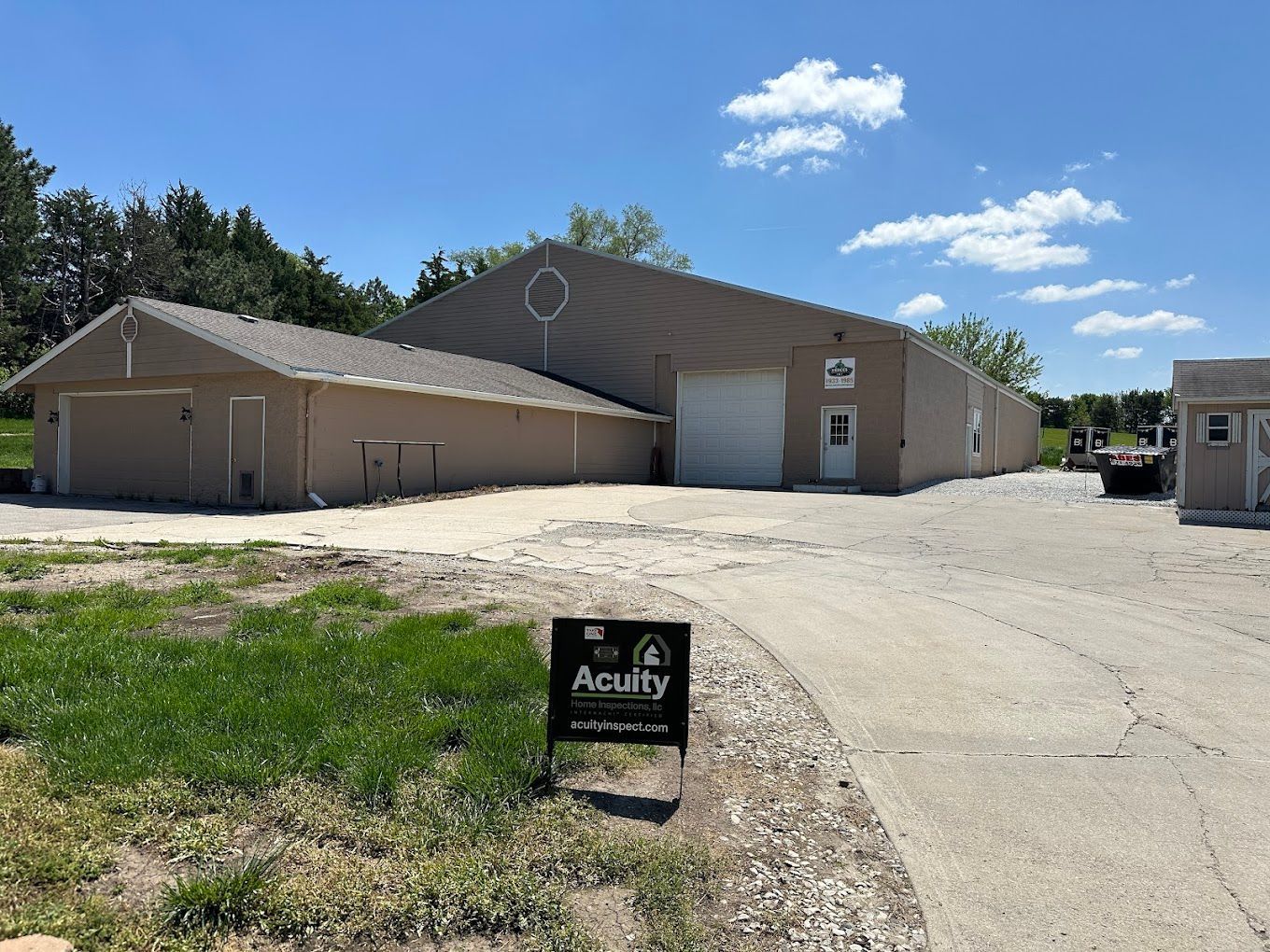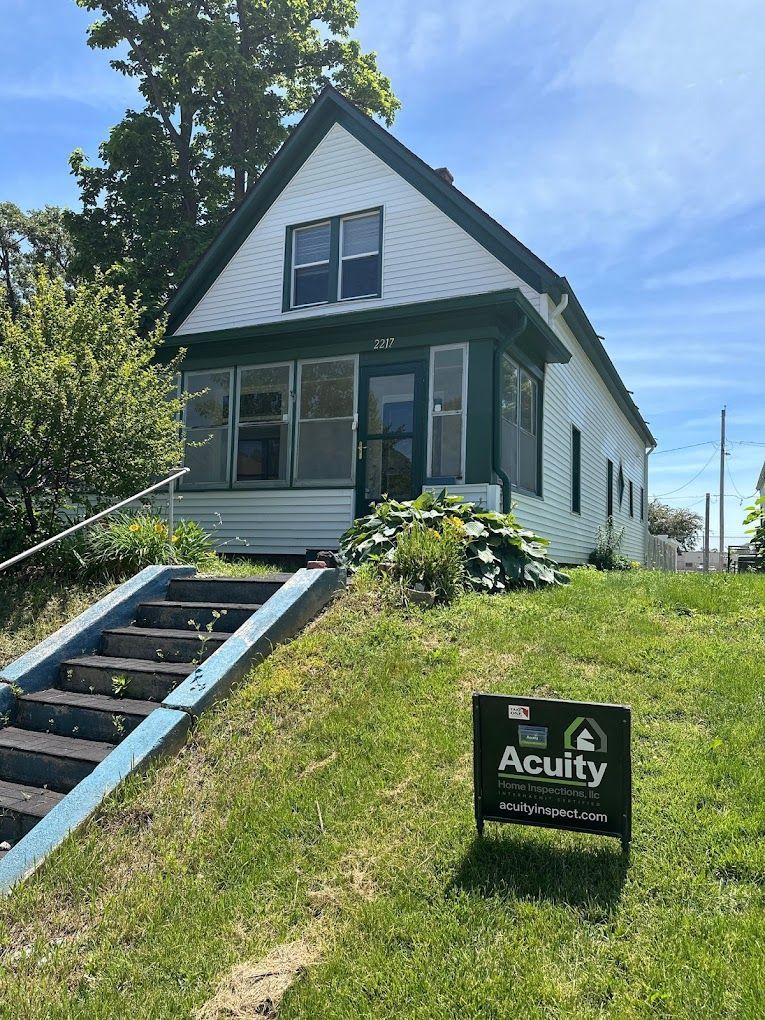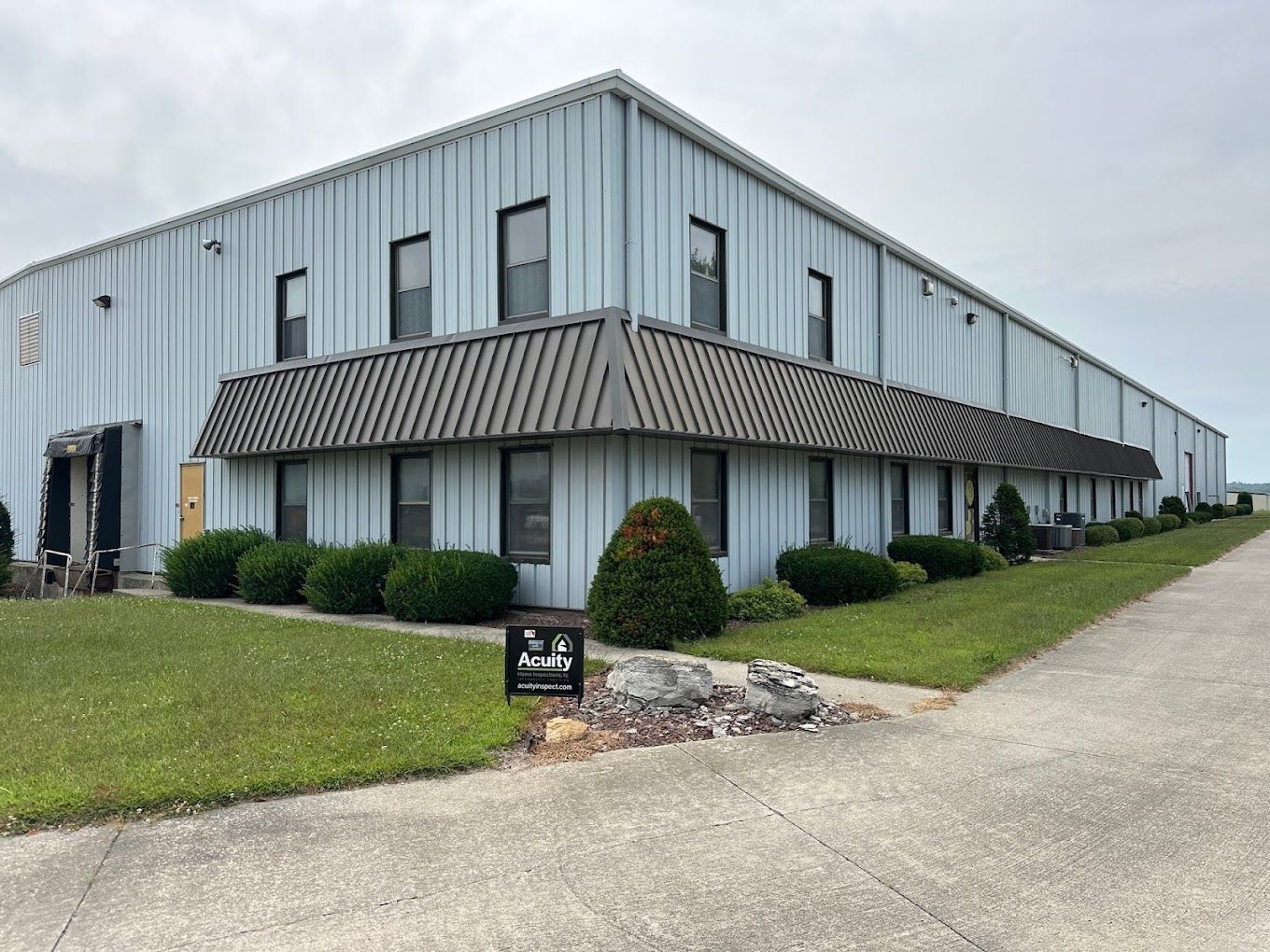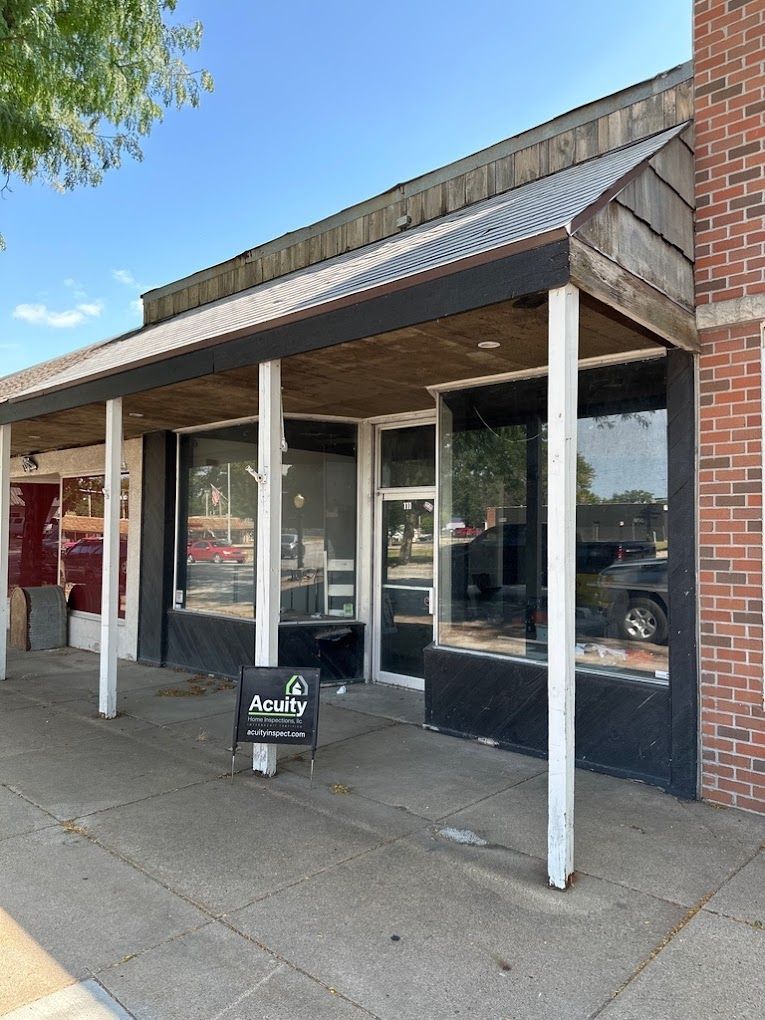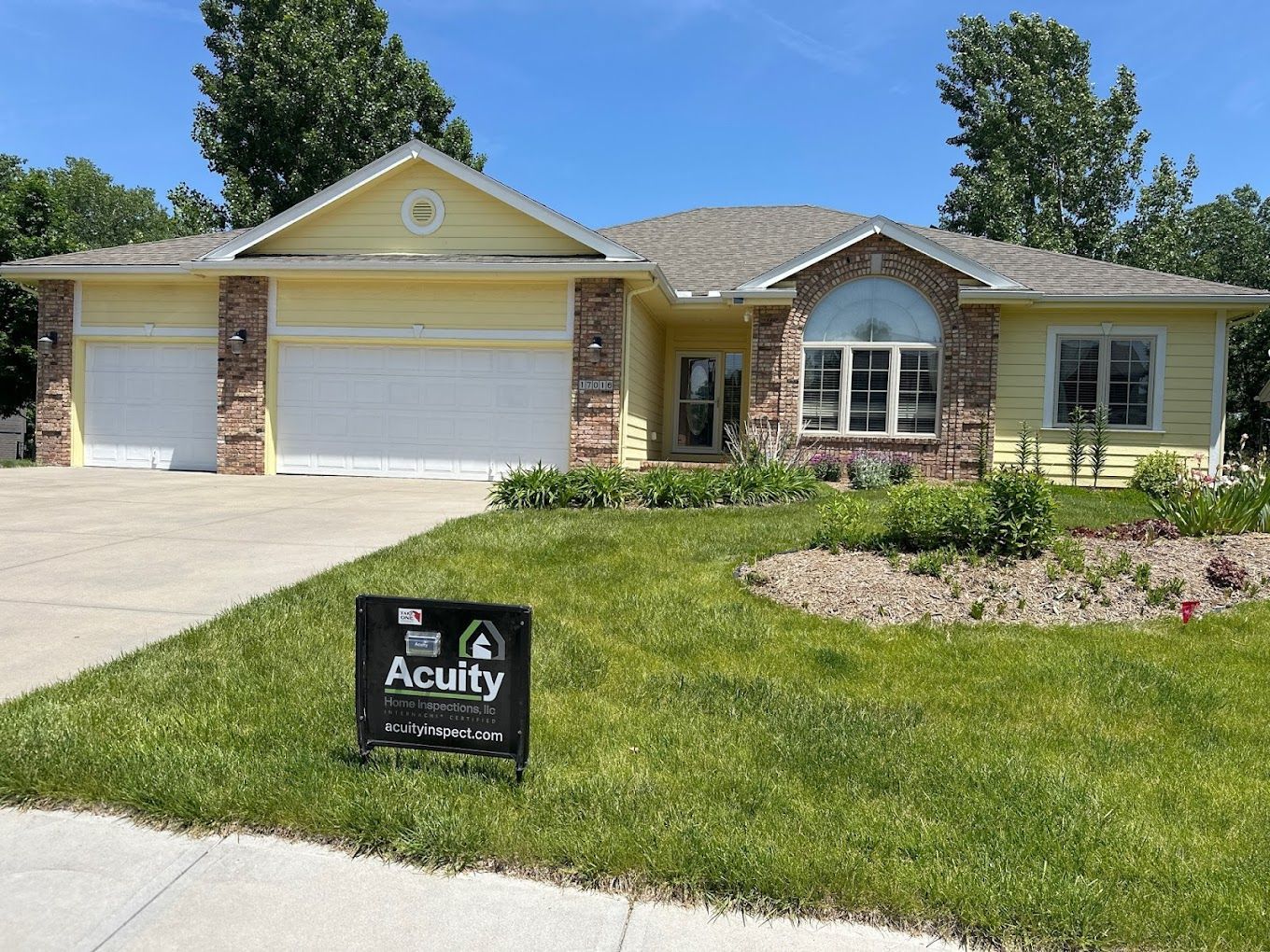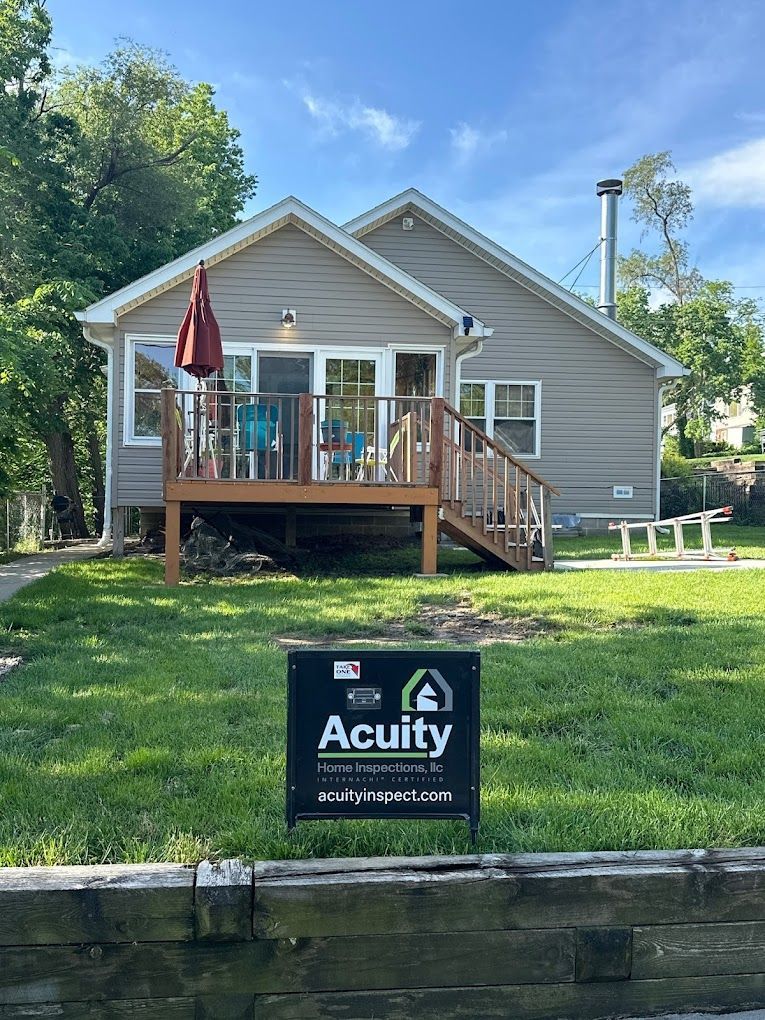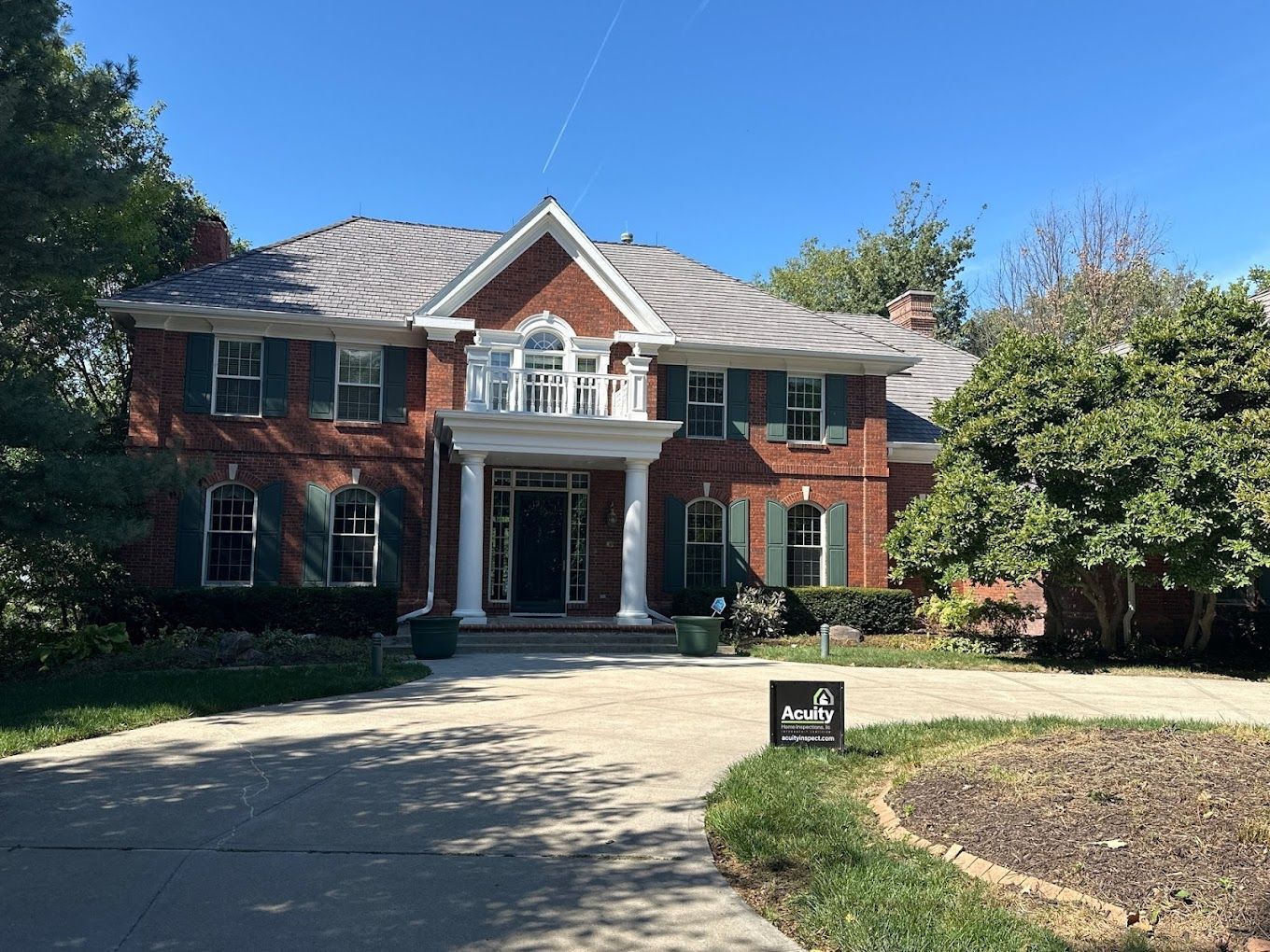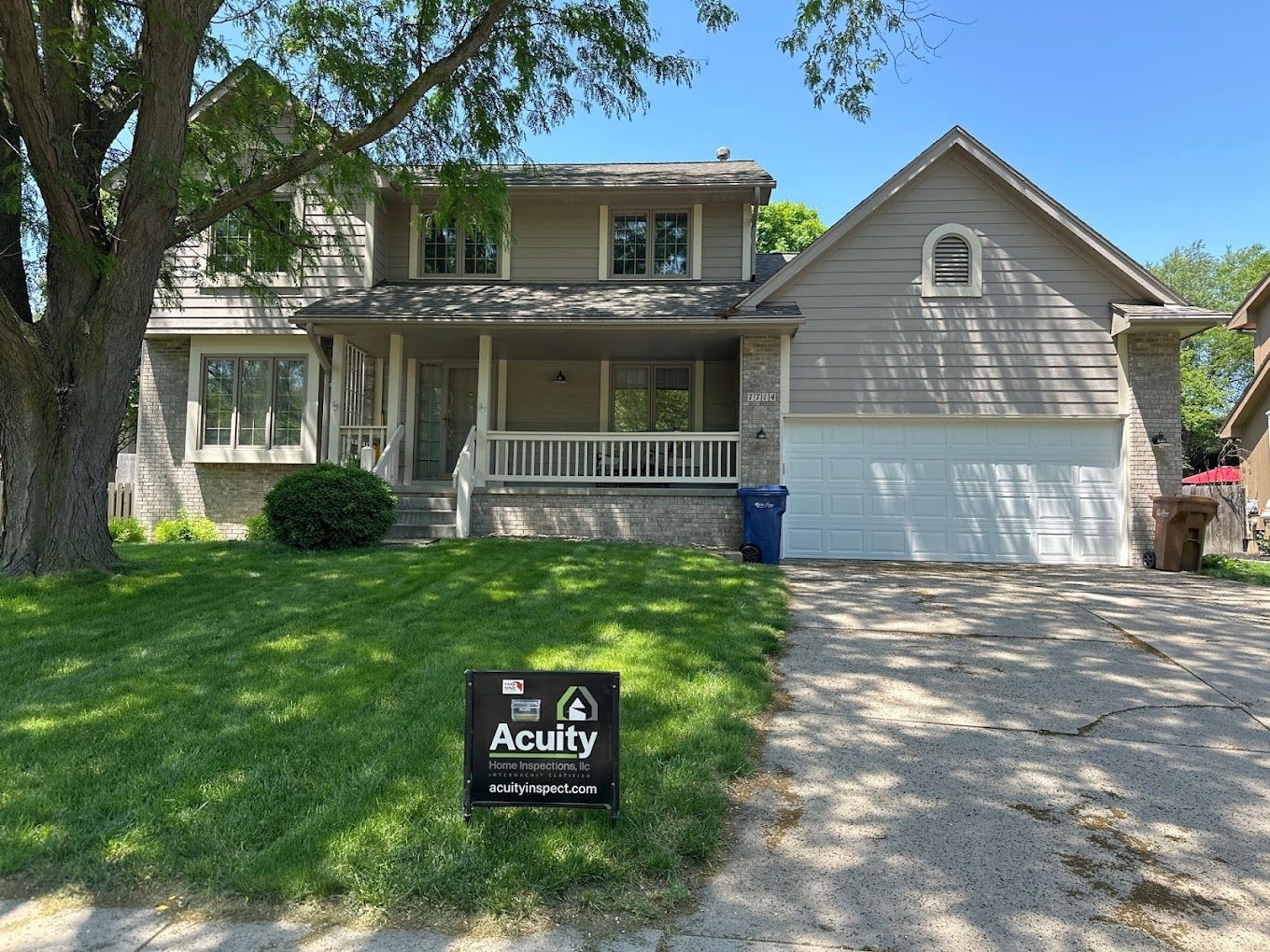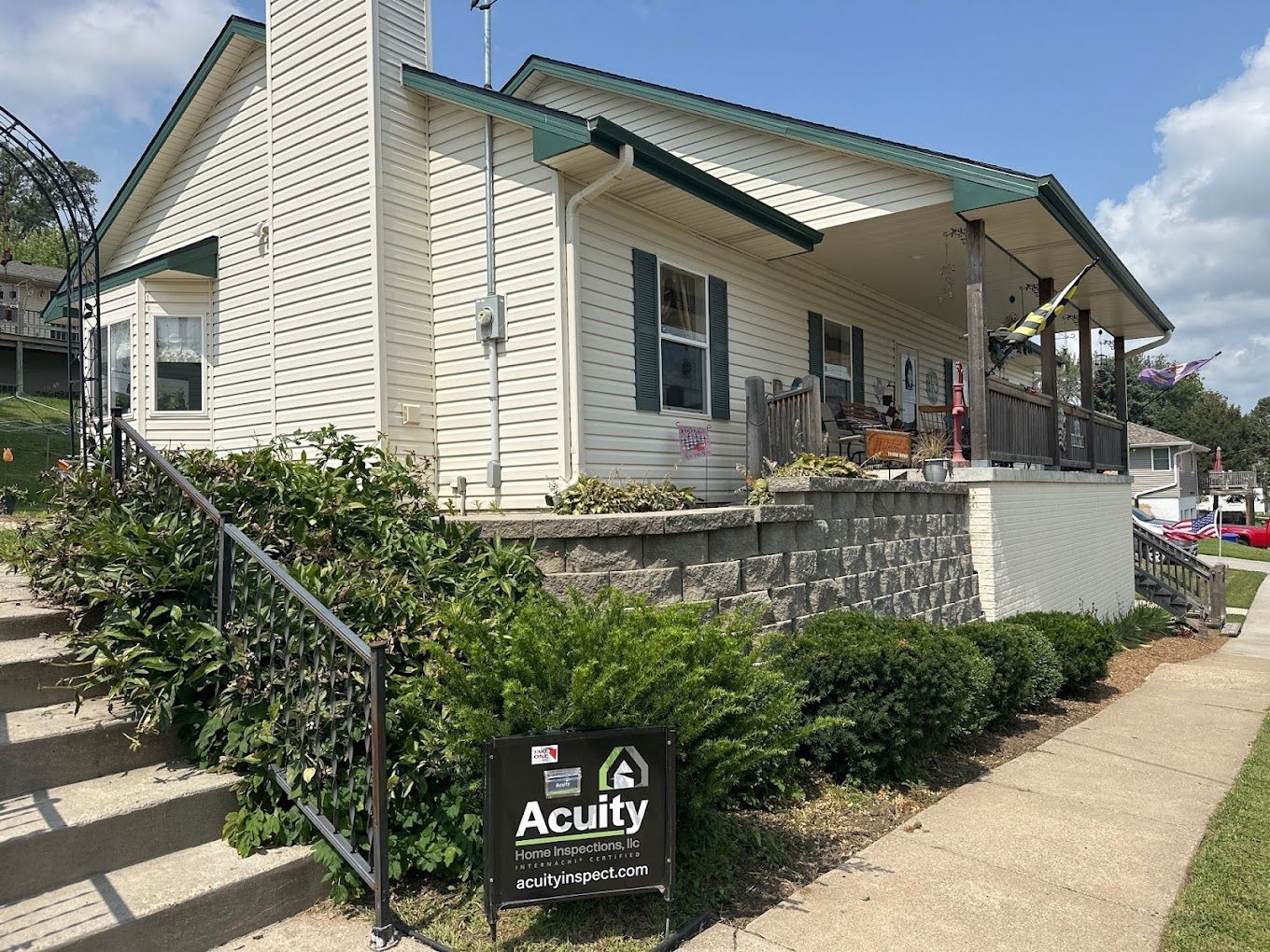Home Inspections in Omaha, NE
Buying a home is one of the most significant investments you'll ever make, and it’s essential to understand the true condition of your potential new property
At Acuity Property Inspections, we recognize the importance of a comprehensive home evaluation to protect your investment. Our expert team in Omaha, NE, provides detailed and thorough inspections that cover every aspect of the property.
From the foundation to the roof and everything in between, we assess the home's condition to uncover any issues and ensure you have the crucial information needed to make informed decisions. Trust us to deliver peace of mind and clarity throughout the home-buying process.
What to Expect from Our Home Inspection Services
Exterior Inspection
Our exterior inspection covers a detailed assessment of the home’s foundation, siding, roofing, windows, and doors. We inspect for any visible signs of damage or wear, including cracks, leaks, or deterioration that could affect the home’s structural integrity or aesthetic appeal. Additionally, we evaluate the condition of exterior elements such as gutters, downspouts, and the grading around the foundation to ensure proper drainage and prevent future issues.
Interior Inspection
Inside the home, we conduct a thorough examination of the walls, ceilings, floors, and doors. We check for signs of water damage, mold growth, and any structural issues such as bowing or sagging. Our inspection also includes an evaluation of the insulation and ventilation in various rooms to ensure a comfortable and energy-efficient living environment.
Systems Evaluation
Our team performs a detailed assessment of critical systems within the home. This includes testing the functionality of the plumbing system for leaks, water pressure, and proper drainage. We also inspect the electrical system, including the service panel, outlets, and wiring, to ensure safety and compliance with current codes. Additionally, we evaluate the heating and cooling systems to verify their operational efficiency and identify any potential issues.
Attic and Basement Inspection
We pay special attention to the attic and basement areas, as these spaces can reveal important information about the overall condition of the home. In the attic, we inspect for proper insulation, ventilation, and any signs of moisture intrusion or pest activity. In the basement, we check for signs of water infiltration, foundation issues, and overall structural stability. Both areas are crucial for assessing the home’s health and longevity.
Detailed Reporting
After completing the inspection, we provide you with a comprehensive report that includes a detailed summary of our findings, high-resolution photographs, and recommendations for any necessary repairs or maintenance. Our reports are designed to be clear and straightforward, making it easy for you to understand the condition of the property and address any issues with the seller. We also offer the opportunity for a follow-up discussion to answer any questions you may have about the report.
Why Choose Acuity Property Inspections?
- Experienced Professionals: Our certified inspectors bring years of experience and expertise to every job. We stay updated with the latest industry standards and use advanced techniques to provide thorough, reliable inspections.
- Comprehensive Reports: We deliver clear, detailed reports with high-resolution photos and straightforward explanations. Our reports break down technical details into easy-to-understand terms, helping you make informed decisions.
- Commitment to Excellence: We pride ourselves on our thoroughness, professionalism, and integrity. Our goal is to provide honest, accurate assessments and exceptional service from start to finish.
- Customer-Centric Approach: We focus on your needs, offering personalized, friendly support. Our inspectors are here to answer your questions and guide you through the process, making it as smooth and stress-free as possible.
- Timely and Efficient Service: We understand the urgency in real estate transactions and deliver prompt, accurate results without compromising quality. Our efficient process helps keep your plans on track.
- State-of-the-Art Technology:
We use advanced tools like thermal imaging and moisture meters to detect hidden issues. This technology ensures a precise and thorough evaluation of your property.
- Proactive Communication: We keep you informed at every stage of the inspection, from scheduling to delivering the final report, ensuring you understand the findings and can make confident decisions.
Schedule Your Home Inspection Today
Ready to get started? Contact us to schedule your home inspection in Omaha, NE. Our friendly team is here to answer your questions and provide you with the expert service you need to ensure your new home is safe, sound, and ready for you to move in.
